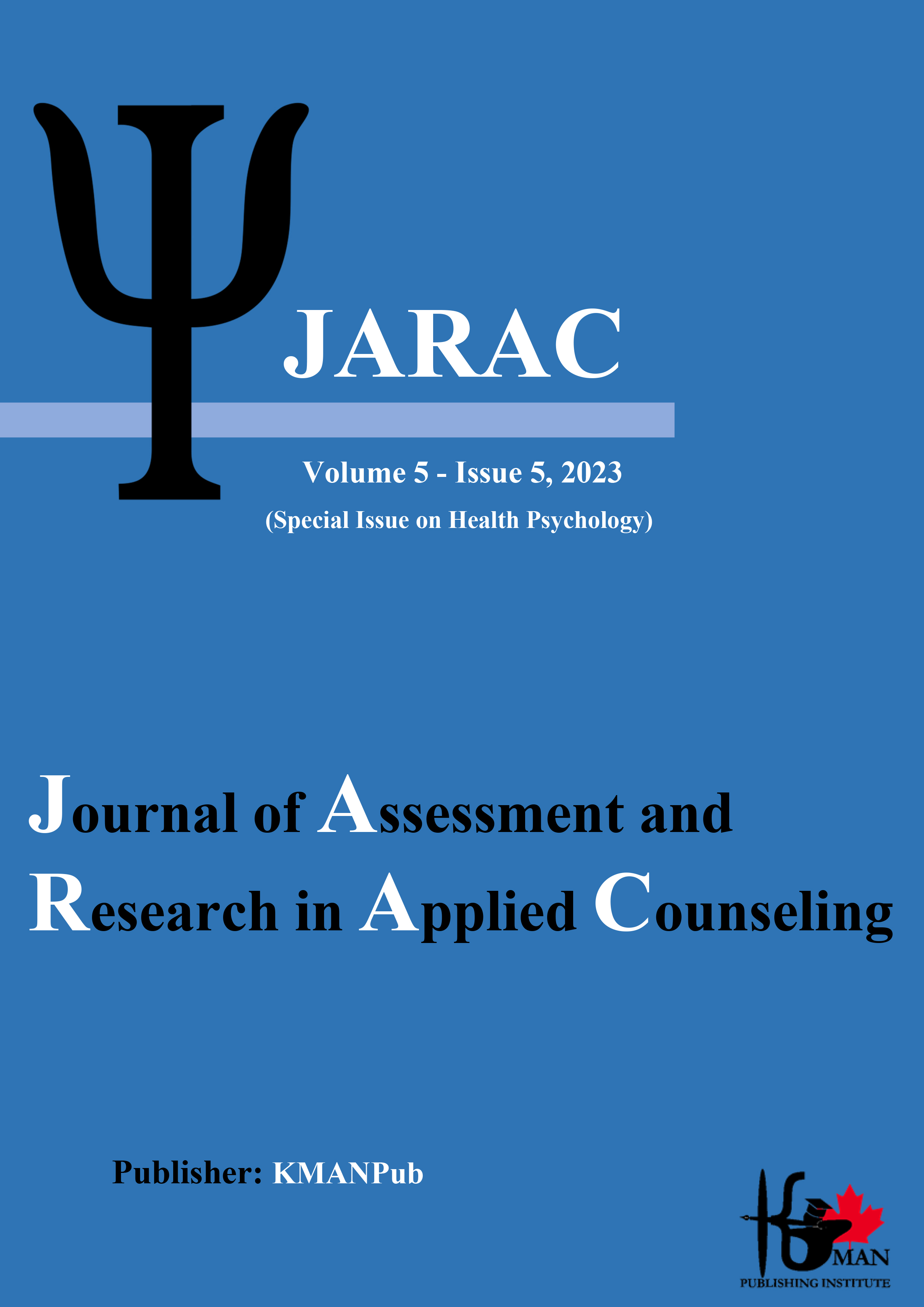Comparing the Efficacy of Skills Training Based on Dialectical Behavior Therapy (DBT-ST) and Mindfulness-Based Cognitive Therapy (MBCT) on Distress Tolerance and Psychological Well-being in Individuals with Symptoms of Borderline Personality Disorder
Keywords:
Dialectical Behavior Therapy, Mindfulness-Based Cognitive Therapy, Distress Tolerance, Psychological Well-being, Borderline Personality DisorderAbstract
Objective: Borderline Personality Disorder is a pervasive pattern of instability in interpersonal relationships, self-image, affect, and marked impulsivity beginning in early adulthood. The current study aimed to compare the efficacy of skills training based on Dialectical Behavior Therapy (DBT-ST) and Mindfulness-Based Cognitive Therapy (MBCT) on distress tolerance and psychological well-being in individuals with symptoms of Borderline Personality Disorder.
Methods and Materials: This study was a quasi-experimental research with a pre-test-post-test design accompanied by a control group. The population consisted of all 18 to 45-year-old clients who visited counseling centers in Sari city in the first six months of the year 2022 and had a case file, among all individuals those who were willing to cooperate and had full consent for cooperation, 45 individuals were selected through purposive non-random sampling and then randomly assigned into three groups. To collect data, the Simons and Gaher (2005) Distress Tolerance Questionnaire and Ryff's (1980) Psychological Well-being Questionnaire were used. The first experimental group underwent skills training based on Dialectical Behavior Therapy by McKay, Wood, & Brantley (2007) in 12 weekly 90-minute group sessions, while the second experimental group underwent Mindfulness-Based Cognitive Therapy by Williams et al. (2002) in 8 weekly 90-minute group sessions. For data analysis, statistical tests with SPSS software, version 22, were used.
Findings: The results indicated that skills training based on Dialectical Behavior Therapy and Mindfulness-Based Cognitive Therapy were effective on distress tolerance (p = 0.001) and psychological well-being (p = 0.001) in individuals with symptoms of Borderline Personality Disorder.
Conclusion: There was a significant difference in the efficacy of skills training based on Dialectical Behavior Therapy and Mindfulness-Based Cognitive Therapy on distress tolerance and psychological well-being between the two experimental groups and the control group.
Downloads
Downloads
Additional Files
Published
Issue
Section
License
Copyright (c) 2023 Bahareh Samadi (Author); Bahram Mirzaian (Corresponding Author); Hossein Ali Ghanadzadegan (Author)

This work is licensed under a Creative Commons Attribution-NonCommercial 4.0 International License.















